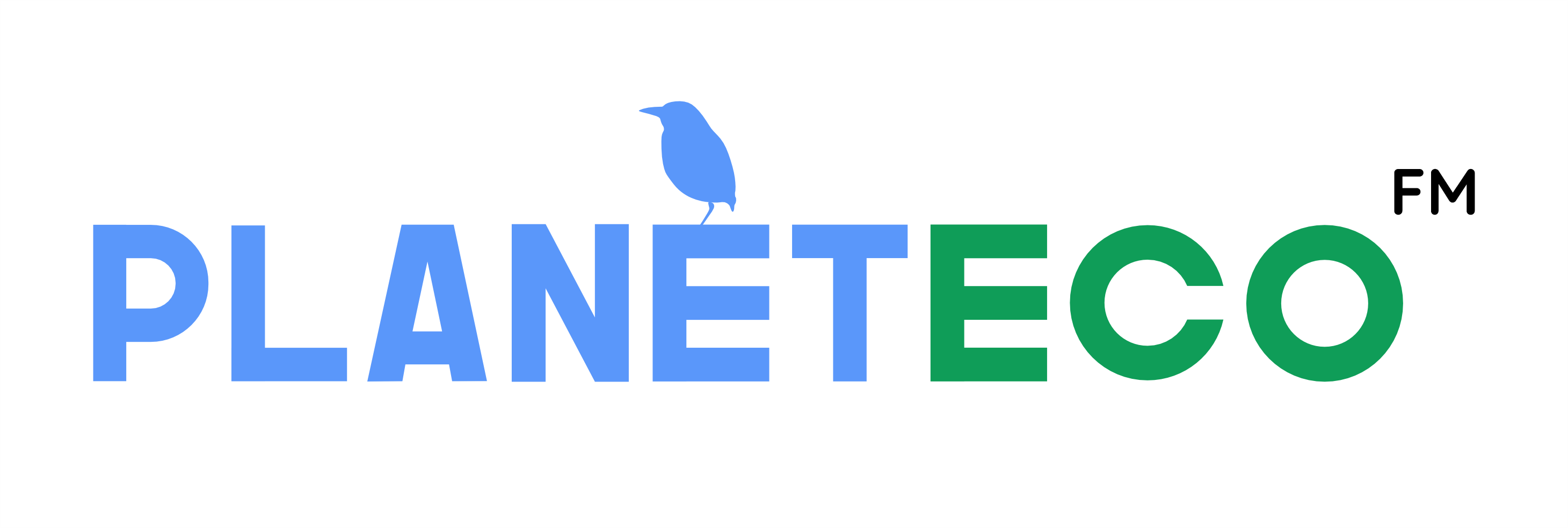In a world where environmental consciousness is gaining momentum, the spotlight is increasingly turning towards sustainable practices. Single-use plastics, especially ubiquitous items like water bottles, have become symbols of environmental degradation. As we collectively strive for a greener future, exploring alternatives to single-use plastics becomes imperative. In this article, we delve into the realm beyond the bottle, uncovering eco-friendly alternatives and the positive impact they can have on the planet.
The Problem with Single-Use Plastics:
Single-use plastics pose a severe threat to our environment. These items, designed for a short lifespan, often end up in landfills or pollute oceans, causing harm to marine life. Plastic pollution has become a global concern, prompting individuals and businesses to seek alternatives that minimize their ecological footprint.
Eco-Friendly Alternatives:
Reusable Water Bottles:
Reusable water bottles are a simple yet impactful alternative to single-use plastic bottles. Made from materials like stainless steel, glass, or BPA-free plastic, these bottles are durable and can be used repeatedly. Investing in a high-quality reusable water bottle not only reduces plastic waste but also encourages a healthier lifestyle by promoting hydration.
Biodegradable Plastics:
Manufacturers are increasingly turning towards biodegradable plastics as a more sustainable option. Derived from renewable resources like cornstarch or sugarcane, these plastics break down more easily in the environment compared to traditional plastics. While not a perfect solution, they represent a step forward in mitigating the long-term impacts of plastic waste.
Edible Packaging:
An innovative solution gaining traction is edible packaging. Imagine consuming wrappers and containers made from natural materials like seaweed or rice paper along with the food. Edible packaging not only reduces waste but also eliminates the need for additional disposal methods, offering a novel approach to sustainability.
Plant-Based Alternatives:
Plant-based materials, such as bamboo and sugarcane, are becoming popular alternatives for single-use items like cutlery and plates. These materials are renewable and biodegradable, addressing both the sourcing and disposal issues associated with traditional plastics. Plant-based alternatives can be composted, contributing to a closed-loop system.
Refill Stations:
Moving beyond the concept of disposable packaging altogether, refill stations are gaining momentum. Consumers can bring their containers to refill with household items such as cleaning supplies, soaps, and detergents. This reduces the demand for single-use packaging and encourages a more sustainable approach to consumer goods.
Benefits of Embracing Alternatives:
Environmental Impact:
The most obvious benefit of adopting alternatives to single-use plastics is a positive impact on the environment. Reusable items and eco-friendly materials contribute to the reduction of plastic pollution, preserving ecosystems and protecting wildlife.
Resource Conservation:
Traditional plastics are derived from fossil fuels, contributing to resource depletion and environmental degradation. Alternatives like plant-based materials and biodegradable plastics utilize renewable resources, lessening the strain on the planet’s finite reserves.
Consumer Awareness:
Embracing sustainable alternatives fosters consumer awareness and responsibility. As individuals make informed choices, businesses are encouraged to adopt eco-friendly practices, creating a ripple effect that can lead to broader societal change.
Innovation and Market Demand:
The pursuit of alternatives to single-use plastics stimulates innovation within industries. As the demand for sustainable products rises among consumers, businesses feel motivated to invest in research and development, thereby creating more environmentally friendly options.
Conclusion:
The journey beyond the bottle involves a collective effort to rethink our reliance on single-use plastics. By exploring and embracing eco-friendly alternatives, we can contribute to a cleaner, healthier planet. From reusable water bottles to edible packaging, the options are diverse and continually evolving. As consumers, our choices shape the market, influencing businesses to prioritize sustainability. Together, we can navigate the path beyond single-use plastics, making strides towards a more sustainable and environmentally conscious future.



